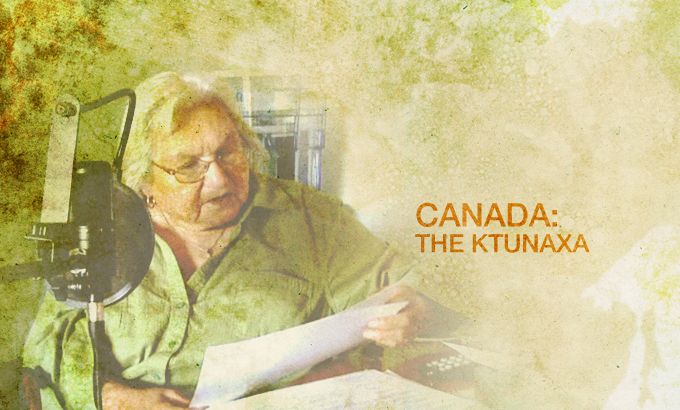
Canada: The Ktunaxa
For one indigenous people, the internet could be key to saving a language related to no other on earth.
Can the internet save a language? For the Ktunaxa nation, an indigenous people inhabiting parts of north-western America, the answer may just be ‘yes’.
The Ktunaxa language is related to no other on earth and only a handful of people speak it fluently. Most of them are members of the oldest generation, something that has spurred a race against time for a community that must record and preserve as much of the language spoken today as possible. In a few years, it might already be too late.
Keep reading
list of 4 itemsInside the pressures facing Quebec’s billion-dollar maple syrup industry
‘Accepted in both [worlds]’: Indonesia’s Chinese Muslims prepare for Eid
Photos: Mexico, US, Canada mesmerised by rare total solar eclipse
The challenge is not only to record endless hours of material but how to make it available to those wishing to learn the language. Here is where the internet comes in to play. Dedicated young community members, such as Marisa Philips, are working hard to publish recordings, interactive games for children and written language material online.
“We’re just going to be losing a lot of who we are as the Ktunaxa nation, the Ktunaxa people, once those elders have passed on,” Philips says. “Since the younger generation is so well adapted to using technology, it only makes sense to me.”
With the help of a high speed fibre network owned by the community, the material is accessible to everyone – wherever they are. There are even college level online courses available for those wishing to learn the language as adults.
Perhaps the 2,000 people-strong Ktunaxa nation will succeed in reversing the process that has silenced many languages in north-western America, an especially distressing hot spot of language extinction.
Don Maki, the Ktunaxa nation council director, says: “We’re trying to think ahead, we’re trying to be very progressive and think of all the possible things that we need to do now for the future.”